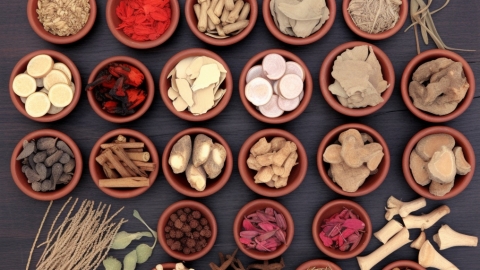Can Chinese herbal medicine be taken long-term?
Generally speaking, whether traditional Chinese medicine (TCM) can be taken long-term should be determined based on the specific condition, individual constitution, and characteristics of the medication. If any discomfort occurs, it is recommended to seek medical advice promptly. The detailed analysis is as follows:

For chronic deficiency-related conditions such as qi and blood deficiency or inadequate liver and kidney function, bodily functions require gradual regulation. Mild tonic herbal medicines can slowly improve physical constitution and alleviate symptoms like fatigue and insomnia. Long-term use may help consolidate therapeutic effects. Additionally, individuals with imbalanced constitutions—such as those suffering from chronic spleen deficiency with loose stools or yin deficiency with dry mouth—can benefit from targeted herbal treatments that restore organ balance and reduce symptom recurrence.
However, potent or toxic herbal medicines may damage internal organs if used long-term. For example, bitter-cold herbs can impair the spleen and stomach, while certain herbs containing heavy metals may lead to accumulation and toxicity. Herbal treatments for acute conditions such as colds or acute inflammation should be discontinued promptly once symptoms improve. Prolonged use in these cases is not only ineffective but may also disrupt the body's internal balance.
Regular follow-up visits are essential when taking herbal medicine, allowing doctors to adjust prescriptions according to changes in the condition and avoid prolonged use of the same formula. Patients should monitor their physical responses during treatment and discontinue medication immediately if adverse effects such as nausea or diarrhea occur, seeking professional consultation. It is crucial to follow medical instructions regarding dosage and duration of treatment, avoiding self-initiated extension of therapy or alteration of dosage to ensure safe and effective medication use.




